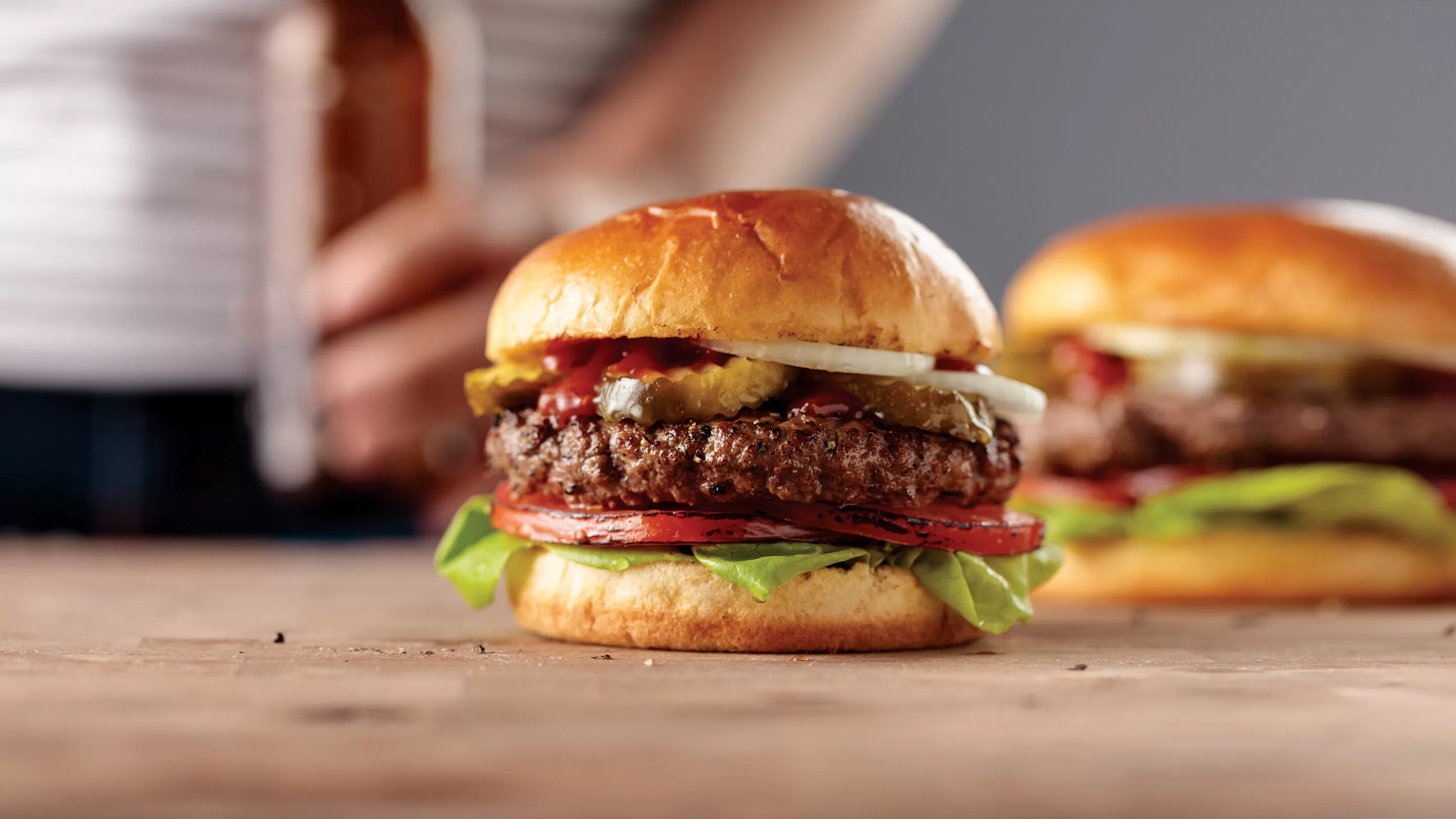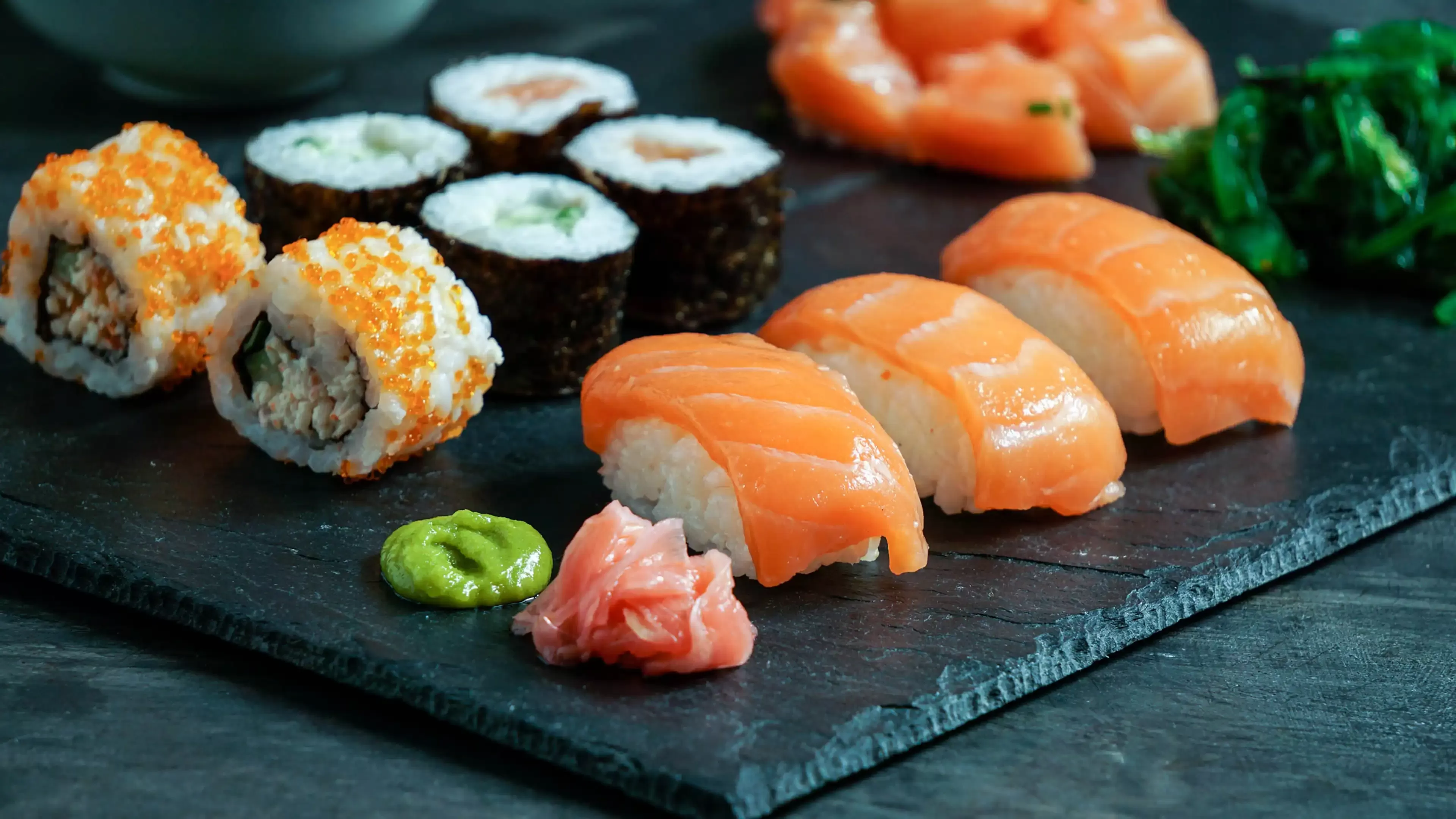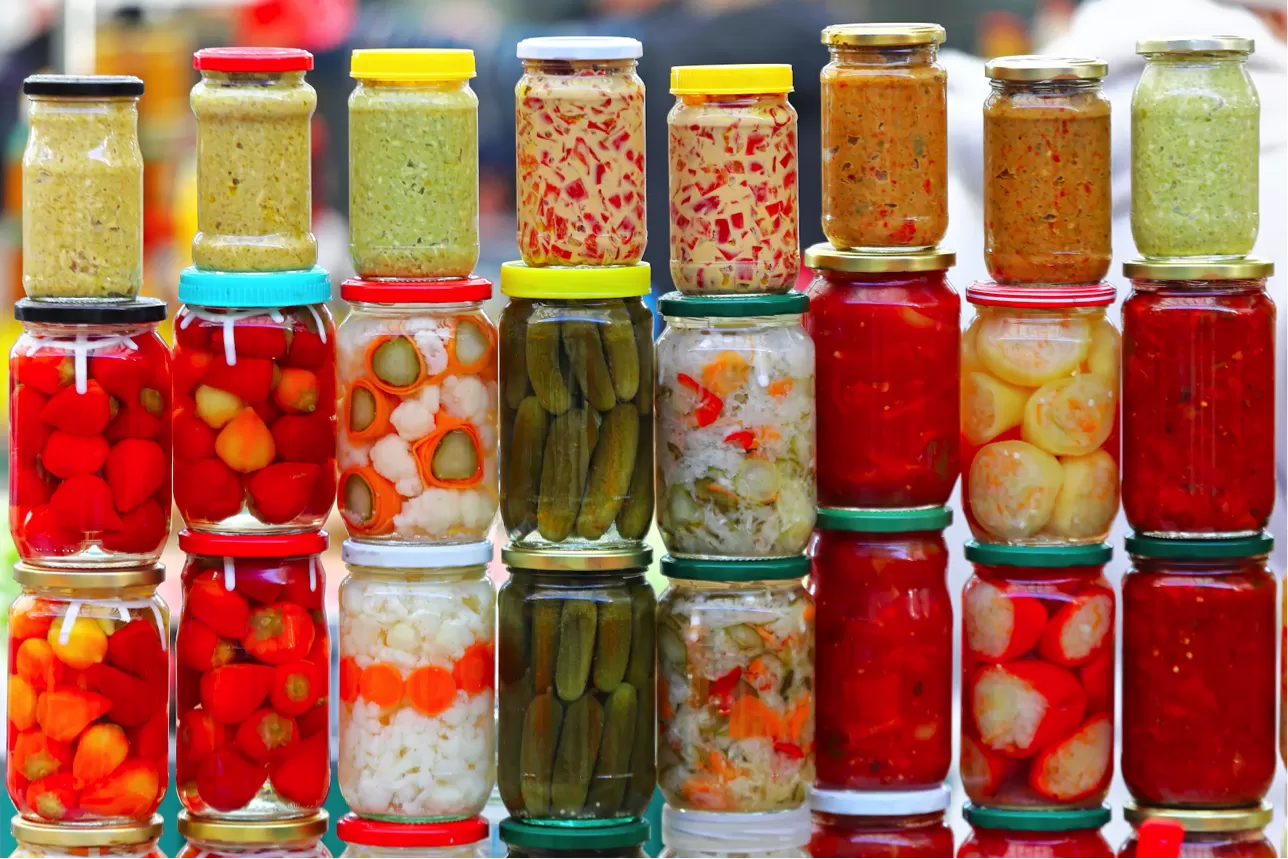Food
The hamburger, a quintessential American dish, has undergone a remarkable transformation in recent years. What was once a simple fast-food item has been elevated to gourmet status, reflecting broader trends in food culture, sustainability, and culinary innovation.
The Gourmet Burger Revolution
The burger has come a long way from its humble beginnings as a quick and affordable meal. Today, gourmet burgers are a staple at upscale restaurants and gastropubs, featuring high-quality ingredients and inventive toppings. Chefs are experimenting with a variety of meats, from grass-fed beef to exotic options like bison and lamb. Plant-based alternatives, such as Beyond Meat and Impossible Burger, have also made significant inroads, appealing to vegetarians, vegans, and environmentally conscious consumers.
Artisan buns, often made with brioche or pretzel dough, have replaced the standard sesame seed bun, adding a new dimension to the burger experience. Toppings have become more sophisticated, with options like truffle aioli, caramelized onions, arugula, and artisanal cheeses. These gourmet creations often come with a higher price tag, reflecting the quality and creativity involved in their preparation.
The Rise of Food Trucks and Pop-Up Restaurants
Food trucks and pop-up restaurants have played a crucial role in the burger's reinvention. These mobile kitchens offer chefs the freedom to experiment with new flavors and concepts without the overhead costs of a traditional restaurant. As a result, food truck festivals and pop-up events have become popular venues for discovering unique and innovative burgers.
These ventures often focus on locally sourced and sustainable ingredients, catering to a growing demand for transparency and ethical food production. By highlighting regional specialties and seasonal produce, food trucks and pop-ups are able to create burgers that are both delicious and reflective of their local food culture.
Health and Sustainability Trends
The growing awareness of health and sustainability has also influenced the evolution of the American burger. Many consumers are looking for healthier options, leading to the rise of leaner meats, whole grain buns, and an abundance of fresh vegetables. Plant-based burgers have surged in popularity, offering a sustainable alternative to traditional beef patties. These products aim to replicate the taste and texture of meat while reducing the environmental impact associated with livestock farming.
Restaurants are also adopting practices to reduce their carbon footprint, such as sourcing ingredients from local farms, minimizing waste, and using eco-friendly packaging. This shift towards sustainability not only appeals to environmentally conscious consumers but also sets a positive example for the food industry as a whole.
In conclusion, the American burger has evolved far beyond its fast-food origins. It now represents a dynamic and diverse segment of the culinary world, embracing gourmet ingredients, innovative cooking methods, and sustainable practices. As chefs continue to push the boundaries of what a burger can be, this iconic dish remains a beloved and ever-evolving part of American cuisine.









